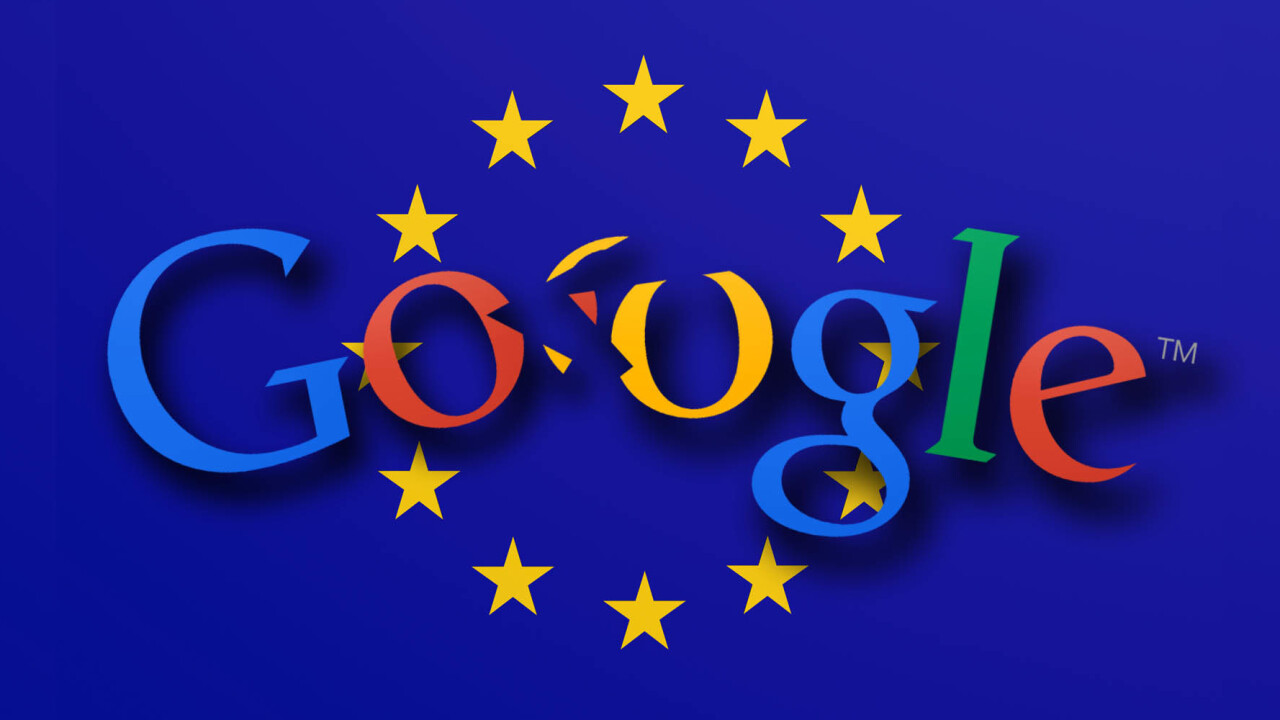
An advisory council, formed by Google, has backed its decision to apply Europe’s ‘right to be forgotten’ ruling only in the European Union. Regulators had previously called on the company to apply the rule globally.
Google put together the eight-person committee in May last year to advise it on implementing the EU court decision. It’s comprised of academics and thinkers including Wikipedia founder Jimmy Wales. They say they weren’t paid beyond expenses and have signed no contractual or non-disclosure agreements with the company.
The original ‘right to be forgotten’ ruling instructed search engines to remove personal information unless it’s judged to be in the public interest. Google has only applied the principle to its European domains. Searches via Google.com, even if they’re performed in Europe, still show results that have been removed.
It’s worth noting that the material isn’t removed from the internet, it’s simply that search engines delist it so it doesn’t appear in search results.
In its 44-page report, issued today, a majority of the panel backs Google’s position. They argue that users outside Europe are entitled to seek information and that restrictions on that may infringe laws in other countries. They also say Google is right to inform publishers when their links are removed but should make it easier for them to appeal decisions.
The report is likely to be seen by European officials as little more than a PR exercise. We can expect to see more clashes between the EU and US companies over privacy laws in the coming months.
Dissenting voices
There was dissent among the Google panel about dismissing the call for a global right to be forgotten. Former German federal Justice Minister Sabine Leutheusser-Schnarrenberger writes in her personal comments:
“The internet is global, the protection of the user’s rights must also be global. Any circumvention of these rights must be prevented.”
Jimmy Wales’ statement in the report best typifies the opposite view. He writes:
“I completely oppose the legal situation in which a commercial company is forced to become the judge of our most fundamental rights of expression and privacy, without allowing any appropriate procedure for appeal by publishers whose works are being suppressed.”
He goes on to call for the European Parliament to amend the law to “add appropriate judicial oversight” and “strengthened protections for freedom of expression.”
As much as Google may hope the report can draw a line under this issue, it will be far from the final word on the controversial law and its implications.
➤ The Advisory Council to Google on the Right to be Forgotten [PDF]
Get the TNW newsletter
Get the most important tech news in your inbox each week.





